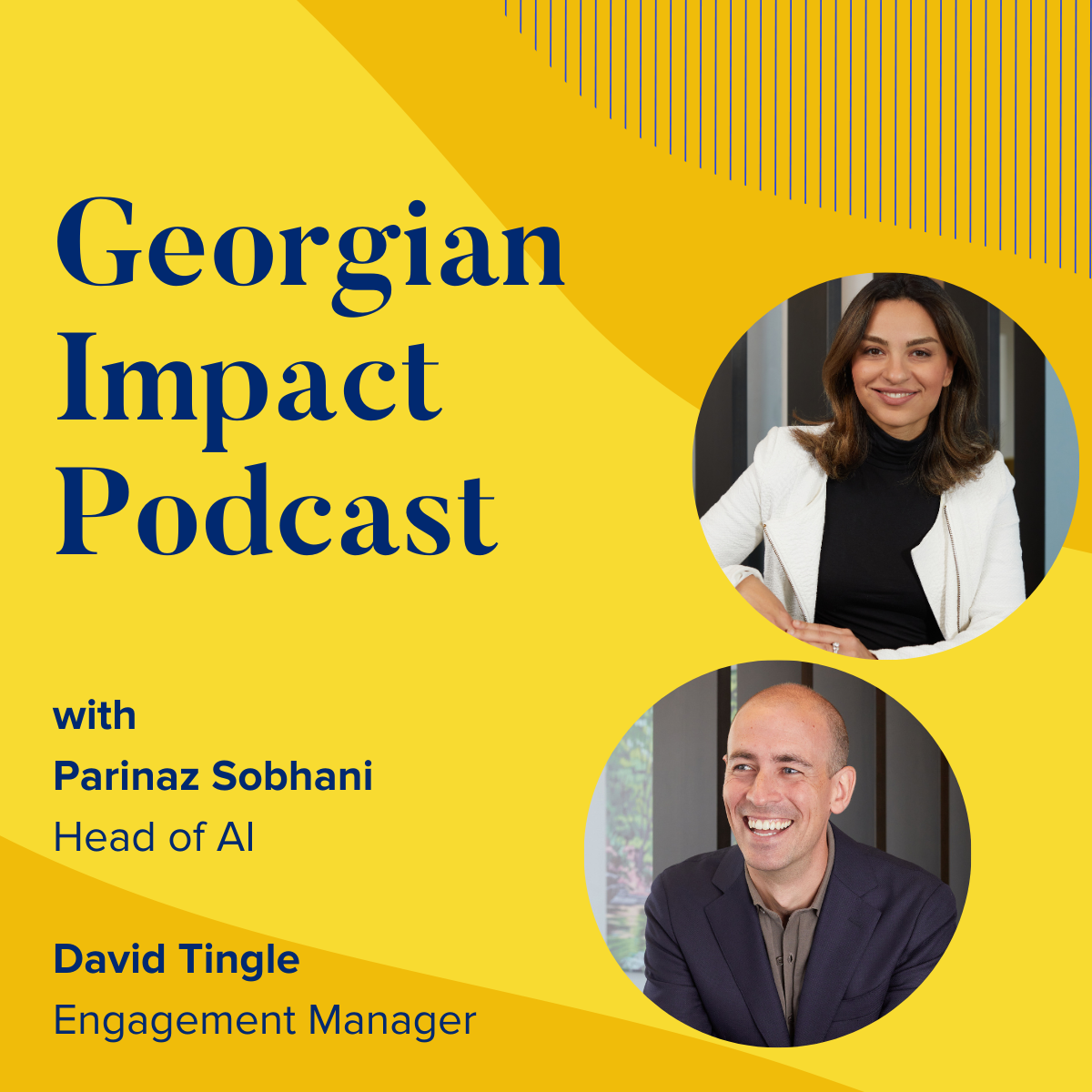Episode 36: Are Manners the New Turing Test?
00:00
00:00
1x
- 0.5
- 1
- 1.25
- 1.5
- 1.75
- 2
This is a podcast episode titled, Episode 36: Are Manners the New Turing Test?. The summary for this episode is: Have you every said "please" or "thank you" to a bot, even when you knew there wasn't a person at the other end? In this episode, Jon Prial interviews Dennis R. Mortensen, the CEO of x.ai, a company that has used artificial intelligence to develop Amy and Andrew, two AI-powered bots that will manage your calendar for you. The thing is that they're so good at it, and so completely convincing, that most people forget they're interacting with a piece of software. Together, Jon and Dennis look under the hood at the AI powering this impressive solution and how keep highly sensitive data secure factors into the equation. You’ll hear about: -The evolution of user interfaces and what matters most (2:05) -The rapid rate at which people start thinking of software as being human (4:41) -Security considerations and how to protect data (5:51) -Training machine learning algorithms to handled the nuances of language (10:21) -The role of humans in supporting x.ai (13:57) -Dimensions for thinking about security (18:01) -Monitoring AI to avoid subversion (23:08) -Who’s responsible for security at x.ai (25:40)








